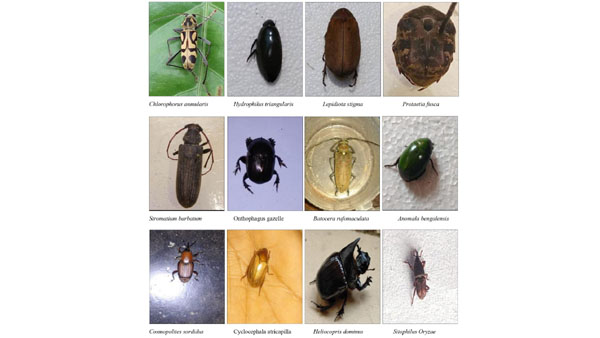Guwahati, Nov 13 : The central feature of Meghalaya’s matrilineal society – women owning homes – is not just a cultural heritage, but a key determinant of better health for women, men, and children, according to an international study.
Published in Social Science & Medicine, the study titled “Female house ownership drives the positive association between matriliny and women’s health in Meghalaya (India)” was conducted by researchers from the University of Montpellier, University of Oxford, and the North-Eastern Hill University (NEHU), Shillong.
The team analyzed data from the 2015 Demographic and Health Survey, covering more than 4,000 women, 800 men, and 3,000 children in Meghalaya — one of India’s few matrilineal states where descent and inheritance pass through the mother’s line.
Their findings are striking: women living in female-owned homes had a 28% lower risk of anemia and a 41% lower risk of being underweight than those in male-owned households. The benefits extended beyond gender lines — men and children in such households also showed better health indicators.
“We demonstrate that female (vs. male) ownership correlates with substantial health benefits for women, including reduced risks of being anemic and underweight,” the authors wrote. “Female economic status—rather than matrilocal residence—emerges as the primary driver of improved health outcomes for women, men, and children.”
The researchers found no evidence that merely living close to maternal kin (a practice known as matrilocal residence) improves health outcomes.
“We find no evidence for improved health with spatial proximity to kin. Instead, it is the control over material resources through female ownership that matters most,” the paper notes.
In Meghalaya, ancestral property—typically the family home—is traditionally inherited by the youngest daughter, known as the khadduh among the Khasi and nokna among the Garo. This system, the authors argue, gives women a tangible form of economic security and bargaining power, which translates into better nutrition and healthcare access.
“Living in a female-owned household is a protective factor against anemia for both women and men, independent of household wealth,” the researchers observed.
“Female ownership promotes a healthier BMI for both genders—reducing underweight in women and overweight in men.”
The study also highlights how female ownership benefits children. Kids in female-owned households were twice as likely to receive medical treatment when sick as those in male-owned homes.
“Greater autonomy and bargaining power for women underlie the relationship between health and matriliny,” the paper explains. “When women possess material resources, they are better able to invest in their own health and that of their children.”
These findings challenge traditional economic models that assume family health outcomes are gender-neutral. In Meghalaya’s matrilineal context, the researchers suggest, women’s ownership ensures that household resources are distributed more equitably—a pattern linked with improved family well-being.
However, the authors caution that female inheritance and ownership are under strain. As modern laws, wage labor, and urban migration reshape family structures, joint or male ownership of property is slowly increasing.
“Maintaining the traditional practice of female house ownership benefits the health of women, men, and children,” the study concludes.
“As Meghalaya transitions toward greater market integration and bilateral inheritance, preserving matrilineal ownership rights could be key to sustaining public health gains.”
For a state long known as the least patriarchal in India, the findings carry both affirmation and warning: when women lose control of property, society risks losing one of its most effective health equalizers.
With India still struggling with high anemia rates—affecting 57% of women aged 15–49—this research underscores a crucial policy message: gendered economic power has measurable health dividends.
As lead author Loïa Lamarque writes, “In Meghalaya, female economic status is a key pathway for explaining diversity in health outcomes, providing novel insights to bridge the gender health gap.”

Matriliny keeps Meghalaya healthy, literally: Study
Topics
Popular Categories



